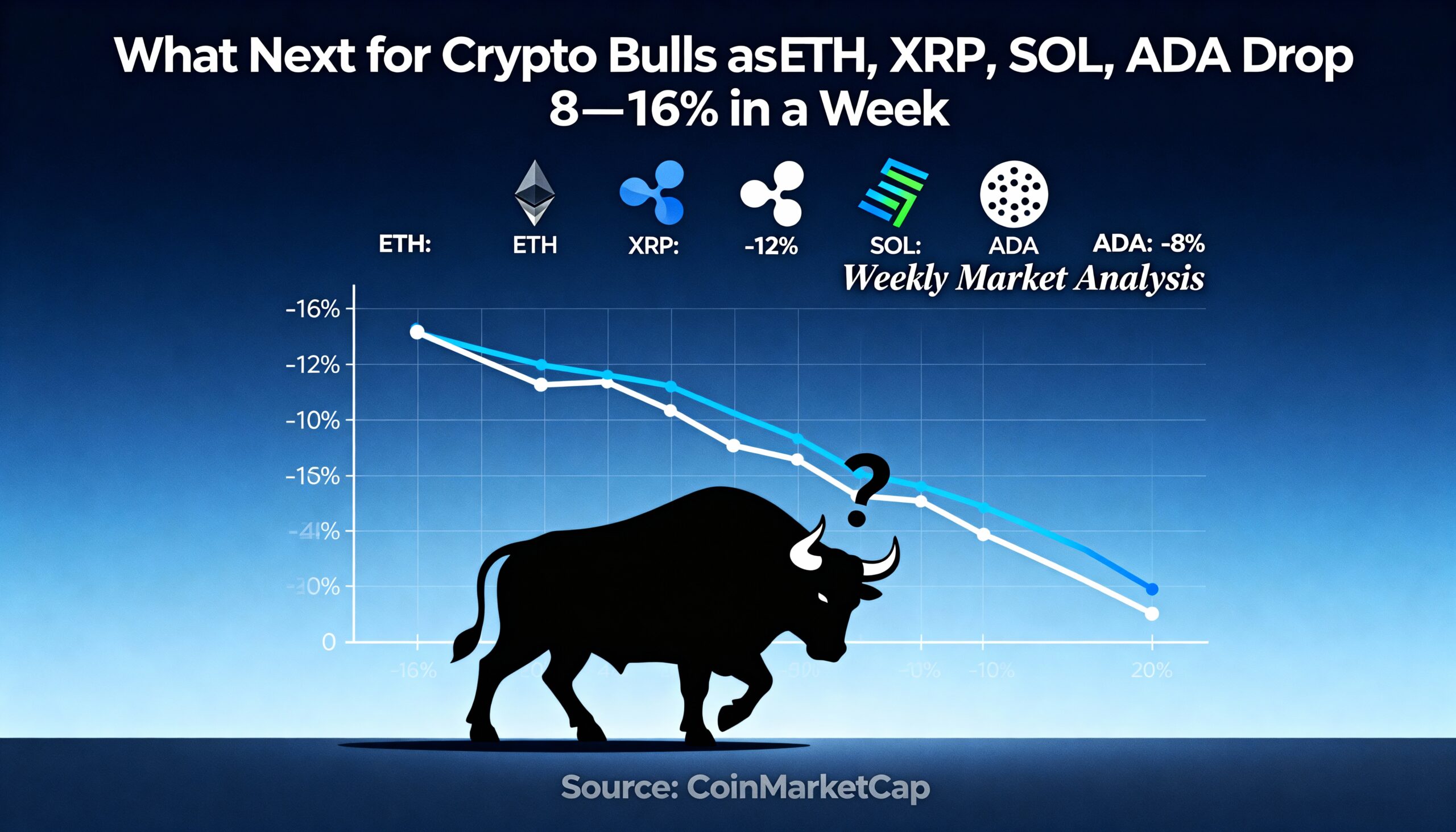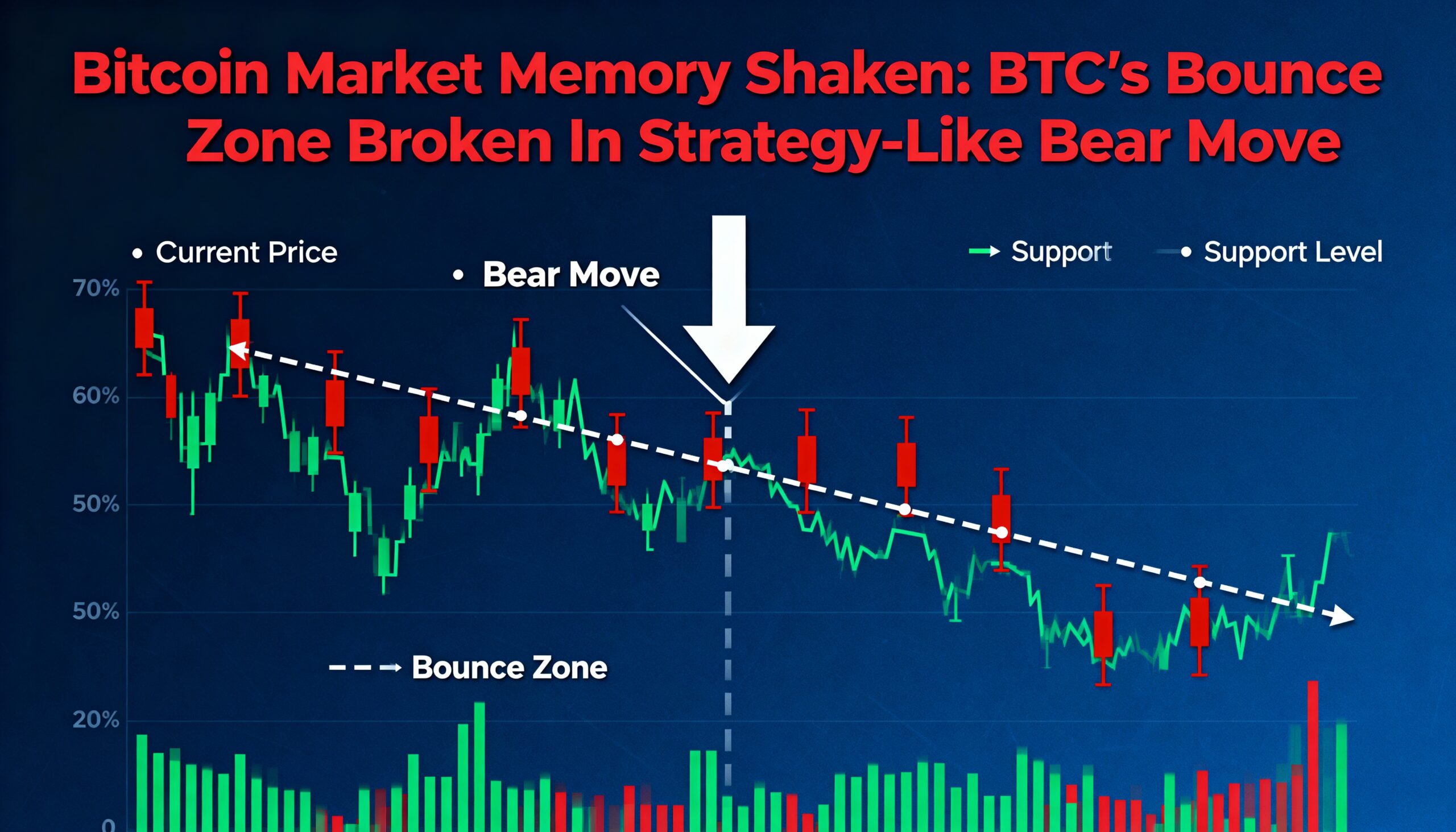
Investment advisers are poised to surpass hedge fund managers in owning U.S.-listed spot Bitcoin (BTC) and Ether (ETH) exchange-traded funds (ETFs) next year, according to CF Benchmarks’ latest report.
Since the debut of 11 spot BTC ETFs in the U.S. on January 11, investors have poured more than $36 billion into these funds, offering an easier way to gain exposure to cryptocurrencies without holding or storing them directly. Hedge funds have been the dominant force behind the demand, holding 45.3% of the ETFs, while investment advisers, who serve retail and high-net-worth clients, are second at 28%.
CF Benchmarks forecasts that by 2025, investment advisers will surpass hedge funds, controlling over 50% of the BTC and ETH ETF markets. The firm, a U.K.-regulated index provider known for key digital asset benchmarks like the BRRNY, attributes this shift to the growing interest and understanding of digital assets within the U.S. wealth management sector, which is valued at $88 trillion. As more advisers embrace these vehicles, the demand for them is expected to surge, surpassing the $40 billion in net flows seen in 2024.
The report anticipates that investment advisers will continue to lead the charge in the ether ETF market, with Ethereum benefiting from the rise of asset tokenization. Meanwhile, Solana is expected to gain market share, especially if regulatory clarity emerges in the U.S.
The report also highlights the expected acceleration of asset tokenization, with tokenized real-world assets (RWAs) projected to exceed $30 billion by 2025. In the stablecoin space, new players like Ripple’s RLUSD and Paxos’ USDG are poised to challenge the dominance of Tether’s USDT, whose market share has surged from 50% to 70%.
As blockchain scalability is tested, the anticipated increase in active user adoption, partly due to regulatory clarity under a potential Trump administration, could push on-chain capacity to over 1,600 transactions per second (TPS). Additionally, the Federal Reserve’s likely pivot to dovish policies—such as yield curve control and expanded asset purchases—could lead to higher inflation expectations, strengthening the appeal of hard assets like Bitcoin as a hedge against monetary debasement.























